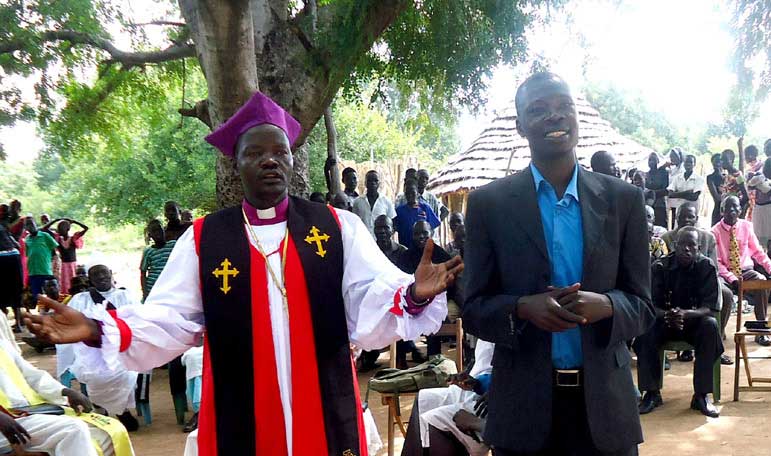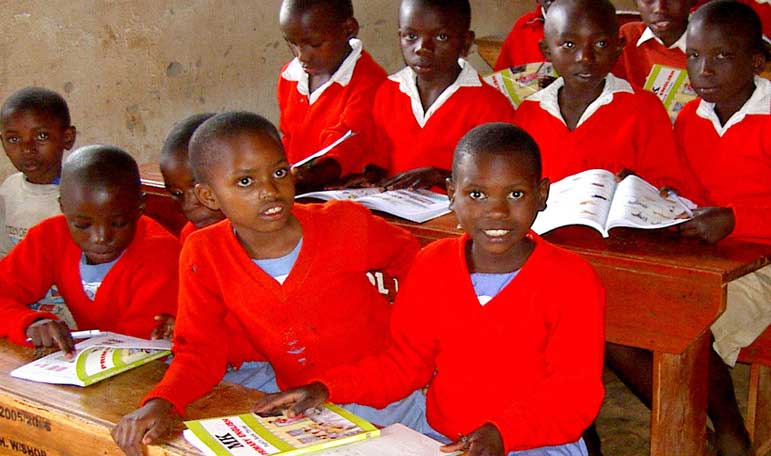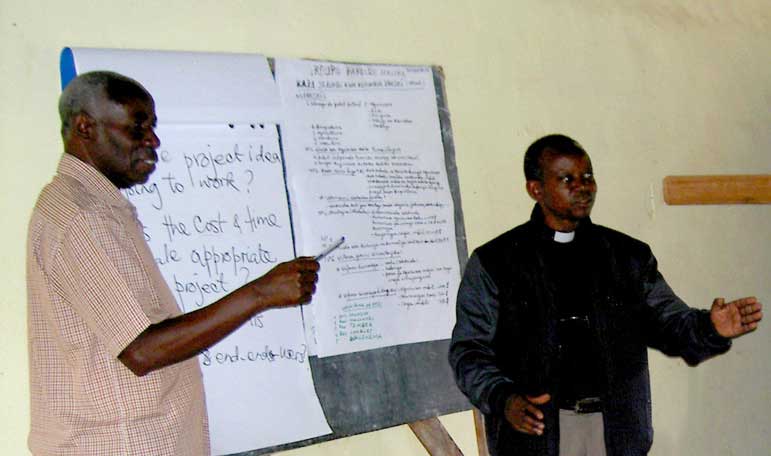Find encouraging prayer resources, inspiring resources for your church and more…
Prayer Resources
“The greatest lack today is not people or funds. The greatest need is prayer.”
(Wesley Duewel)
As Church of Christ we belong together to encourage each other, to support each other and to pray for the world.
Stay connected to God’s worldwide Church. Let us pray for those who have never heard about the love of Christ.

Mission Resources
“”What makes us human is not our mind but our heart, not our ability to think but our ability to love.”
(Henry Nouwen)
God who lives in us is a God of true love. Therefore, everyone who does God’s mission needs to be guided by this love.
Network East Africa wants to inspire your church to leave a legacy. Equip and encourage your fellow Christians and respond to God’s desire of glorifying Him among the people in the world.

How we Work
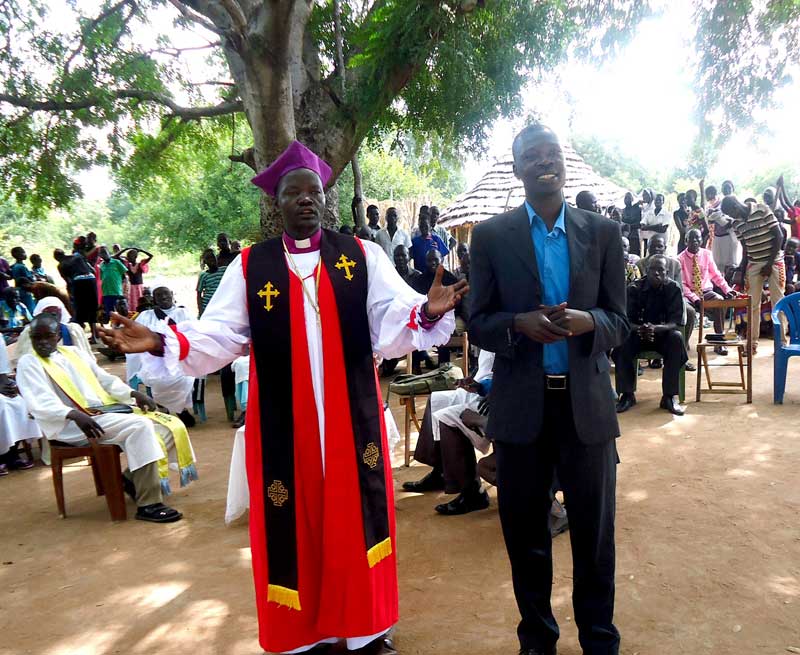
Promoting Peace
Peace is key to all development work, to food security and to education. In order to bring peace on grassroots level, healing of inner wounds is needed. Healing and justice opens a way for building relationship and forgiveness. And they are fundamental for every reconciliation process …
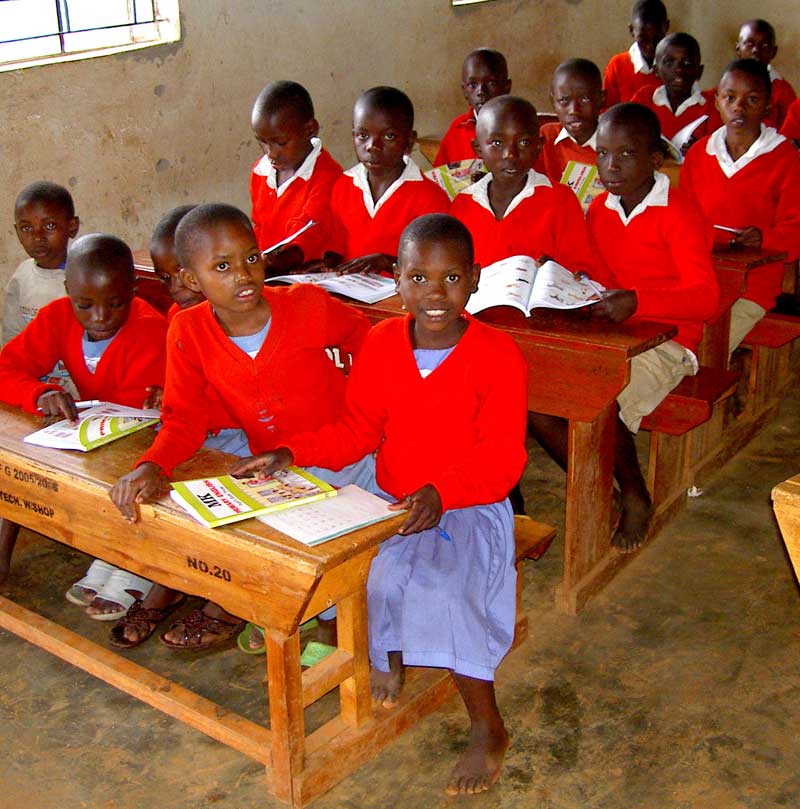
Transformation through Education
In the north west of South Sudan as well as in the east of DRC, children and youth from rural areas have few opportunities of formal education and vocational training. Without hope they easily join rebel groups. Education is a key factor for a country to stabilize – and that needs educators…
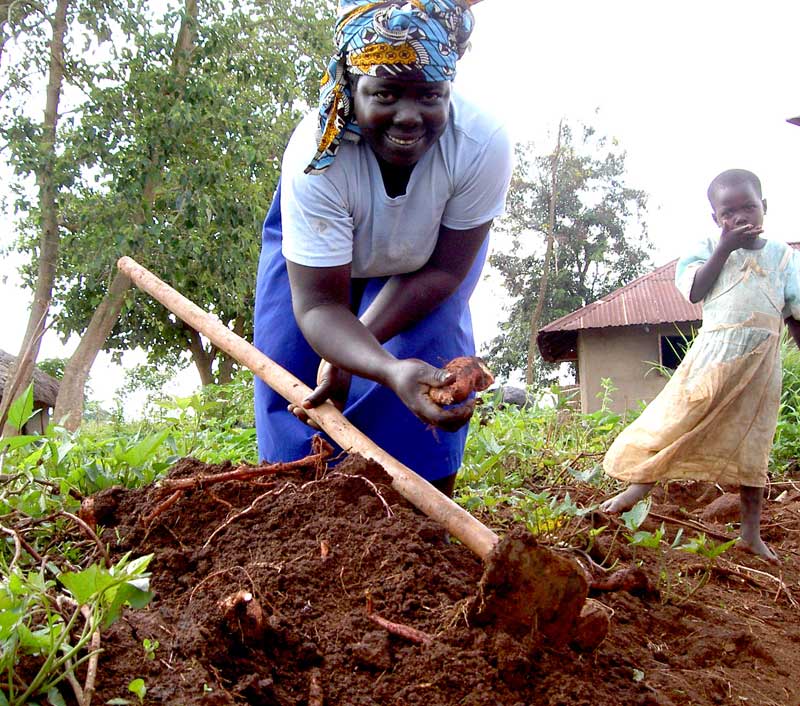
Food security and emergency relief
Small scale farmers learn to improve their crop quality and harvest. These activities guard against famine and hunger. When people fail to get food due to drought or displacement, we support the Church to…
The Network East Africa Story
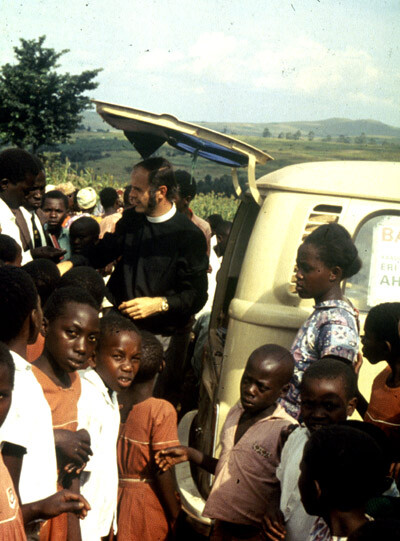
Since 1970, Marburg Mission partners with local churches in East Africa. From the very beginning, the aim has been to support and promote churches towards independence and to enable them having a positive impact on their society.
From 1990 to 2016, Marburg Mission had a special focus on training theology students at Bishop Barham University College (BBUC) in Kabale and we remain in partnership, supporting and helping each other.
During the last 10 years, there was a growing interest about world mission in African churches. In addition, former Bishop Barham University students from Congo and South Sudan requested College alumni and churches to send missionaries from Uganda.
In 2014, a network was established to support sending professionals in countries of need, to promote reconciliation and to strengthen education. With these efforts we plant hope, based on our Christian faith.

